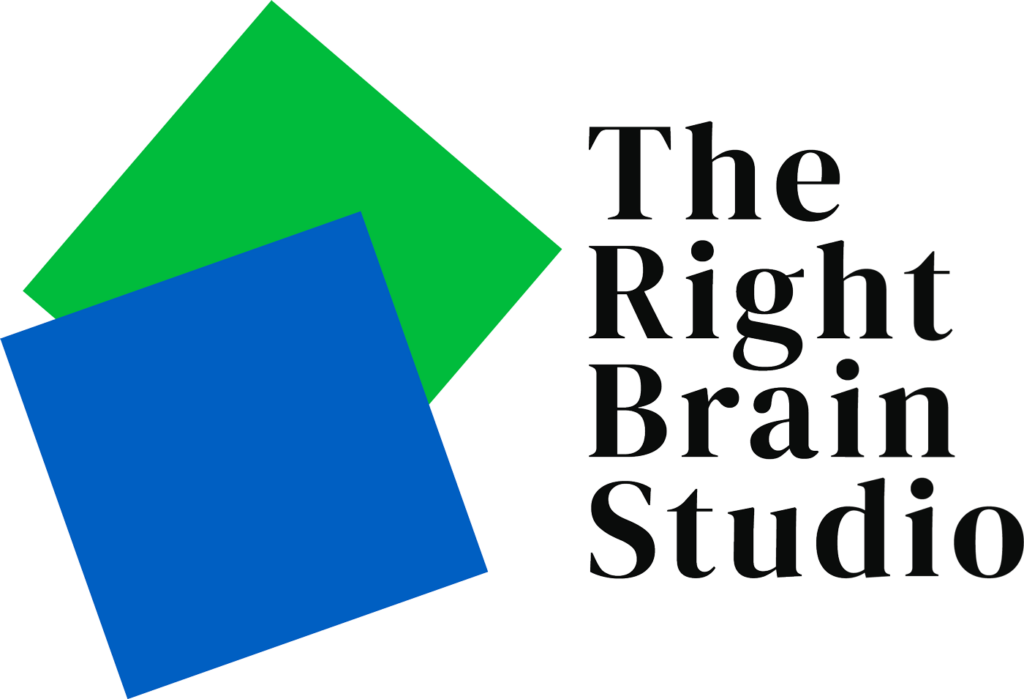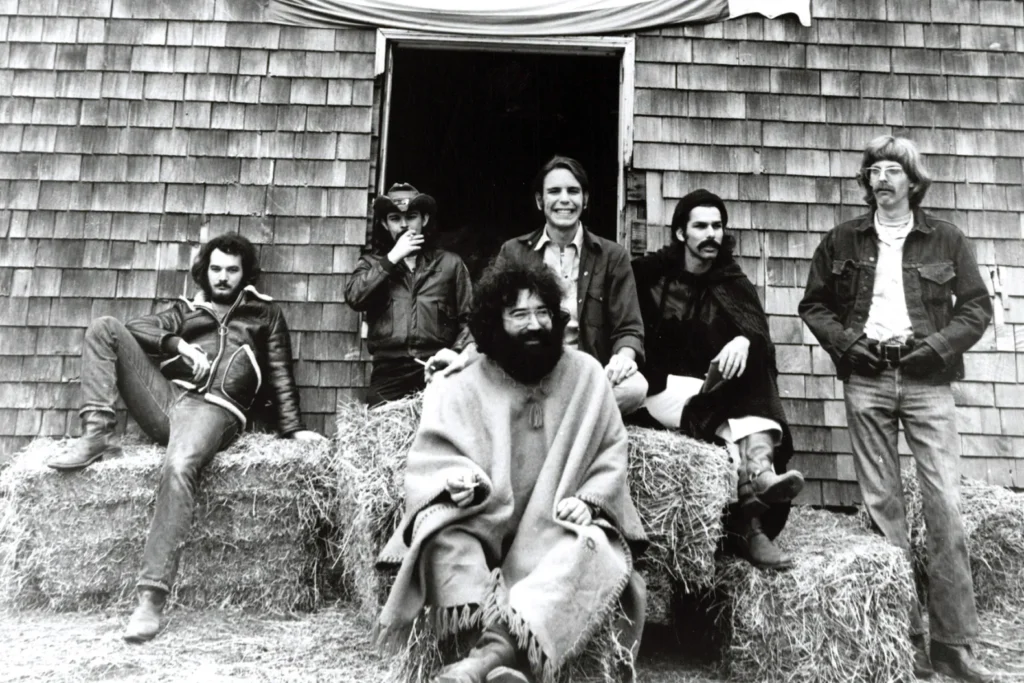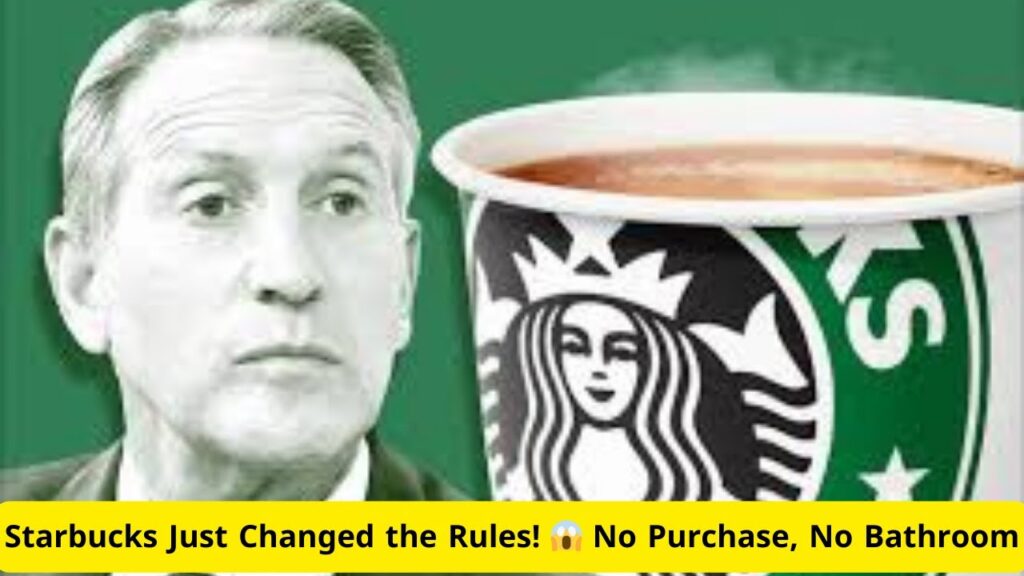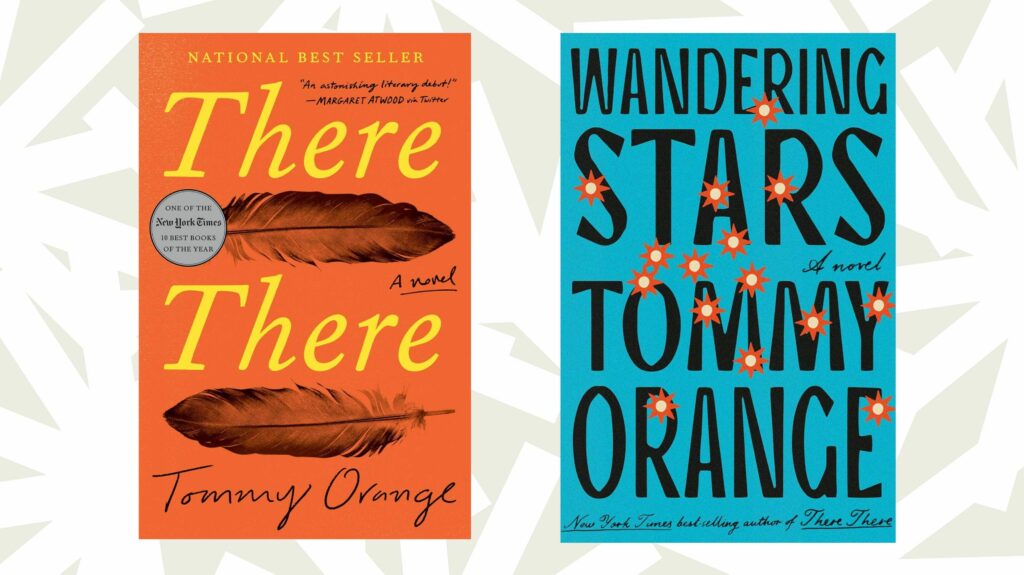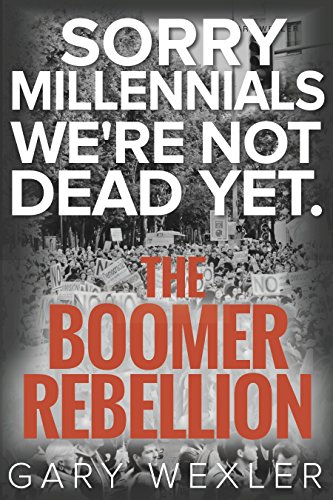 I can’t say I wasn’t warned.
I can’t say I wasn’t warned.
When I was 21 years old, starting the Adverting Graduate Program at Northwestern University, I was told by people from business and academia that advertising was a “young man’s game.” (Despite the fact that my class was half-female.) While I haven’t worked in advertising for quite some time, the marketing world, in which I thankfully still seem to relevant, skews very young as well.
I’ve accepted and embraced the fact that I’m usually 20 to 30 years older than most of the “senior” marketers that hire me from the client side.
As a 20-something brand manager for a major company I always enjoyed working with the “older” (40-50 years old) people in our ad agencies, generally the bona fide intellectuals in marketing research. Still, I lumped most others – the aging account executives, media reps, copywriters who still wore suits and wrote corny jingles and others into the old hack category. Because there is nothing more important for a marketer, so I thought, to be young, “cool” and “hip.” After all, we were the tastemakers!
“Wisdom” was a distant concept, something I thought little about. Come to think about it, consumer values, wants and needs also played a weak second fiddle to ultimate ideal of “coolness.” Experience? Who needs it? If you’re not living the life in New York or L.A., wearing the right designer clothes, following the freshest writers, artists and musicians, eating at the right restaurants and hanging out at the clubs protected from the horrid bridge and tunnel people by velvet ropes, you were simply not relevant.
Wait a minute! I’m the “old guy” now? How did that happen?!? The 80’s seem like yesterday!
Age has forced me to view relevancy through a different lens, though I am happy to report that cataracts have not yet clouded my vision and I’m way more fit than most of the 25-year-olds I see (or used to see, pre-pandemic) at the gym.
One of the more brilliant moves of my career, if I do say so myself, was when I realized that despite my (distorted) self-perceptions, it might be possible that all those younger versions of me now working in marketing might actually see me as old, tired and irrelevant. I went out and got a teaching job at a major university. What a difference.
My senior level contact in an organization might set up an introductory meeting with those at the director or manager level, the people who do the hiring, who usually range from 28-40. They walk (or Zoom) into the meeting, see someone their dad’s age or older about to address them and lower their expectations accordingly. But when I tell them I teach branding and integrated marketing at USC to grad students they sit up a take notice. Instant respect based on an assumption that they might actually have something to learn from me.
They do. I know I speak for many in my cohort when I say, with all honesty and seeming objectivity, that my work is better than it’s ever been. By far. Not only are the ideas as fresh as ever, but we know how to get things done! If you think coming up with a great concept is the hard part, you’re wrong. It’s knowing how to sell it through an entrenched bureaucracy filled with landmines and big egos that really counts.
Covid is the third major disaster in my career, following the September 11 attacks (which shut down my business for nearly a year) and the Great Recession of 2008. It’s good to know how to absorb the body blows, stay calm and come out stronger than ever before. Knowing when and how to pivot is an essential life skill that only improves with age.
Old people railing about their relevancy will not change ageism. Culture in the United States has been youth focused since the birth of rock and roll. But as my friend and fellow USC Adjunct Professor Gary Wexler says brilliantly in the title of his book on ageism, “Sorry Millennials We’re Not Dead Yet.”
But I’m not apologizing.
